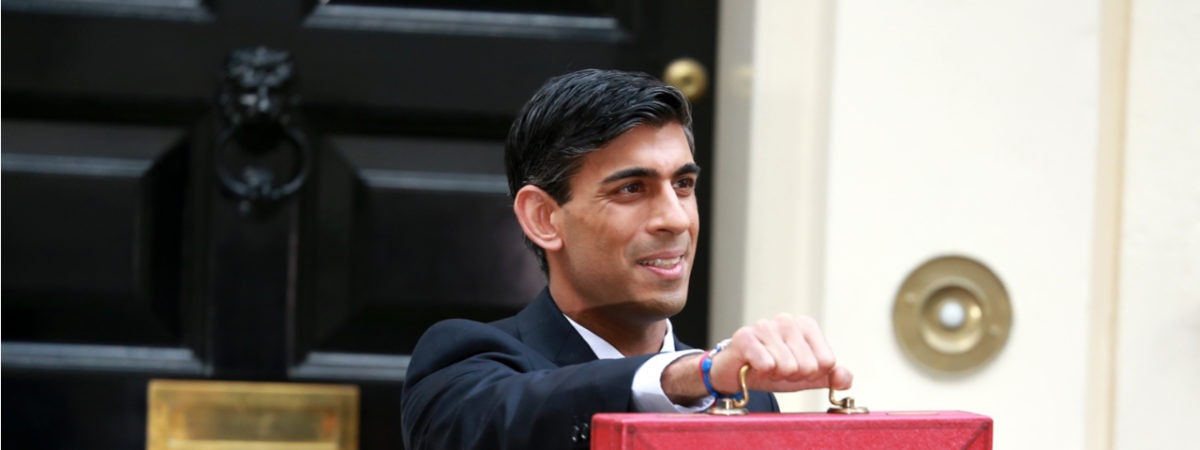Freeze in GDP should keep tax hikes on ice, says IEA expert
SUGGESTED

Julian Jessop quoted in The Telegraph


“The latest UK GDP numbers were not as bad as some feared, but it would still be dangerous to raise taxes in the March Budget. This would be far too soon after a year when the economy contracted by nearly 10 per cent and with a renewed decline almost certain this quarter.
“There are many reasons why headline GDP fell further in 2020 in the UK than in most other countries. These include policy decisions (such as the timing and severity of lockdowns), but also geography, demographics, the composition of the economy, and differences in the measurement of GDP itself.
“On a like-for-like basis, the fall in UK GDP was probably much closer to that in France or Italy, and not much bigger than in Germany. Even on the official numbers, real GDP fell further in Spain (by 11 per cent), mainly due to the Spanish economy’s greater dependency on tourism.
“The UK economy also did much less badly last year on other measures. Most importantly, unemployment is still relatively low compared to other countries. This has required a huge increase in government borrowing to support businesses and protect jobs, but the public debt-to-GDP ratio remains relatively low too.
“Looking forward, the UK economy and labour markets appear to be holding up much better in the current lockdown than the first. The relatively early rollout of the Covid vaccines should also allow the brakes to be taken off sooner.
“The UK economy should therefore rebound quickly from the second quarter onwards, and unemployment may not have much further to rise. Nonetheless, the Chancellor should focus on supporting the recovery, rather than holding it back with premature tax increases.”
ENDS
Notes to editors
For media enquiries, please contact Annabel Denham on 07540770774 or adenham@iea.org.uk
IEA spokespeople are available for further comment and interview.
For more IEA reading on public sector pay, click here.
The mission of the Institute of Economic Affairs is to improve understanding of the fundamental institutions of a free society by analysing and expounding the role of markets in solving economic and social problems. The IEA is a registered educational charity and independent of all political parties.



